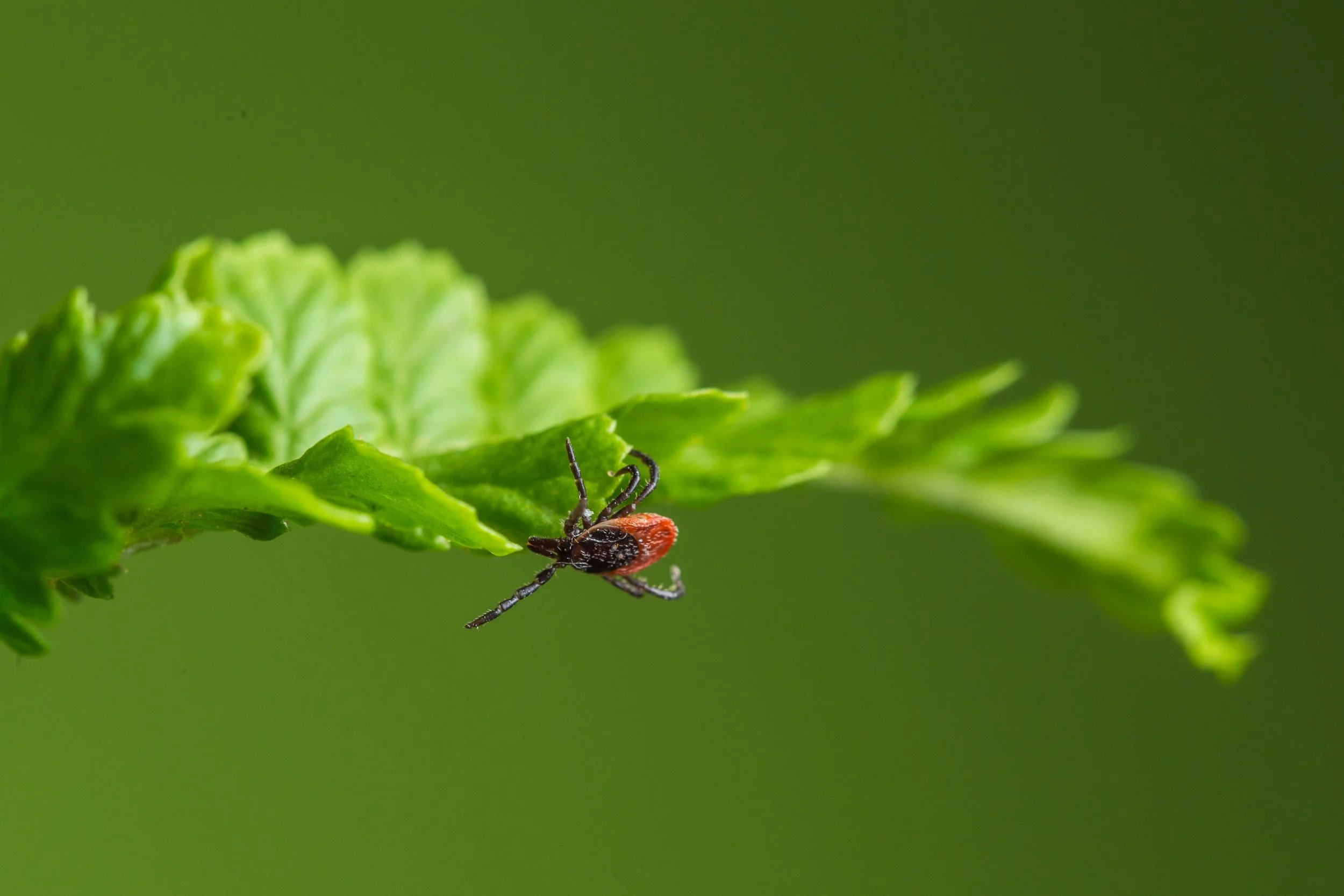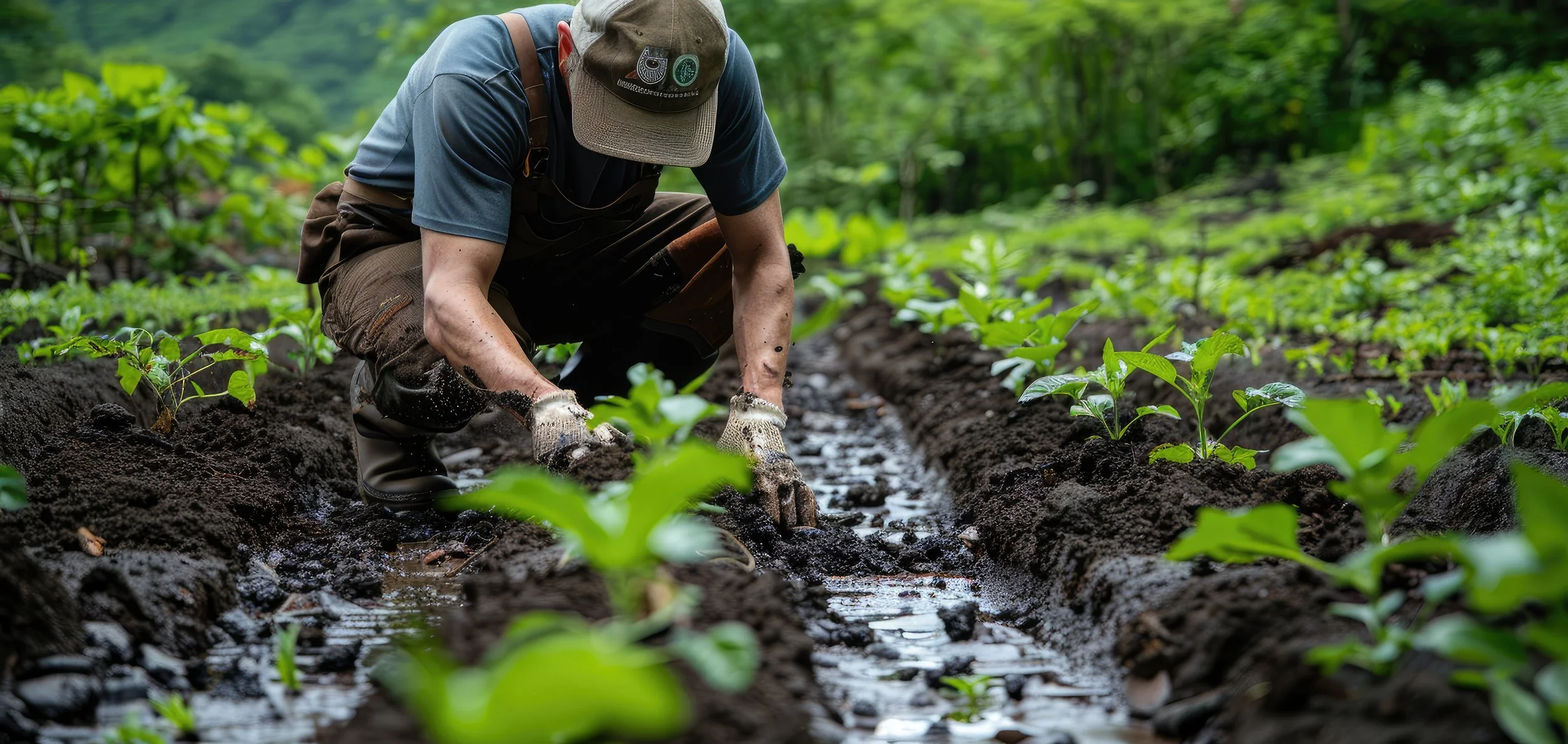
Climate resilience
Starts with Forest Health
Advancing science that safeguards forest + human health.
Why invasive plants + pests?
Covering over 30% of the Earth, forests are vital for mitigating climate change - yet invasive pests and plants are undermining their resilience. In the U.S. alone, forest pests cause more than $4 billion in annual damage (over $400 billion globally), degrading ecosystems, weakening biodiversity, and threatening human health.
Blacklegged ticks, for example, are expanding their range in New England, fueled not only by climate change but also by invasive plants like buckthorn, honeysuckles, and Japanese barberry. These dense, damp thickets create ideal microclimates where ticks thrive, driving up the risk of Lyme disease and other tick-borne illnesses.
Through embodied AI, we’re eliminating the preconditions for biohazard pests reproduction. Once geofenced, our targets removed with aerial or ground robotics and upcycled into biochar - a soil health multiplier that stores carbon, promotes native plant regrowth, and may even help reverse PFAS contamination in agricultural soils worldwide.
Protecting people via forest health
Maine faces a rising public health crisis from ticks and the invasive plants that shelter them. Species like Japanese barberry create humid microclimates where ticks thrive, driving the spread of Lyme and other illnesses. Our embodied AI “robotic dogs,” outfitted with tick-aggregating flannel overlays, locate, map, and remove these plants while collecting risk data.
Meanwhile, the invasive Browntail Moth (infesting New England for over 100 years) sheds toxic hairs that linger for years, threatening both people and biodiversity. As we head into our second Browntail removal season in January 2026, we’re scaling aerial and ground robotics for precision removal, habitat disruption, and biochar upcycling — all without harmful chemicals.
What is biochar?
Organic matter becomes biochar when exposed to high heat in the absence of oxygen, a process known as pyrolysis.
Once invasive biomass is removed, the material is processed in a mobile biochar trailer on site. This biochar holds water, captures nutrients, and reduces soil compaction - all while locking away carbon.
Beyond climate benefits, activated biochar can act as a powerful sorbent for PFAS, helping to remove these harmful “forever chemicals” from contaminated soils and water systems - protecting both environmental and human health

